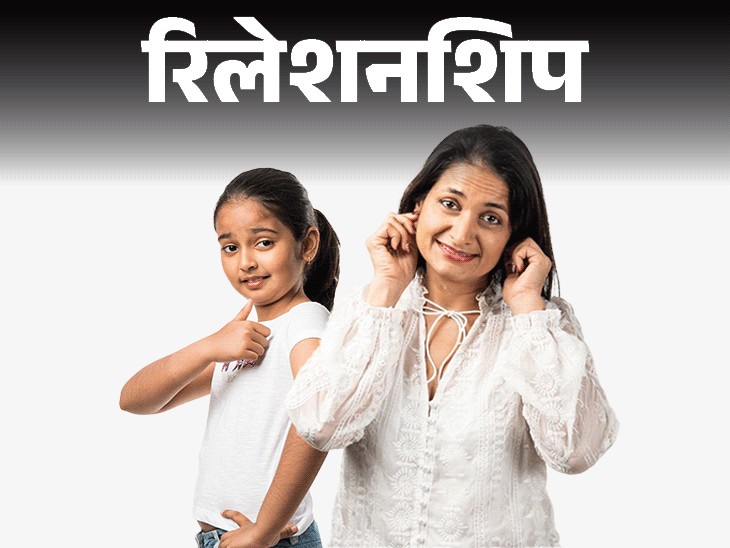generally But we immediately apologize to the other person for any small mistake. We even see family members saying “sorry” to each other when they make mistakes. But have you noticed that parents are not able to apologize to their children, even if the mistake is on their part.
The relationship between parents and children is not just a family relationship. This relationship plays an important role in the mental and social development of children. Therefore, greater understanding and honesty is needed in this relationship.
Despite this, parents are not able to apologize to their children when they make mistakes. Often, instead of apologizing, they try to justify their bad decisions. At the same time, we sometimes see children saying “sorry dad” or “sorry mom” even if they are not at fault.
But that doesn’t mean the parents are guilty. They simply don’t understand its impact and consequences.
Today we are going to talk about it and learn more about relationships.
Why can’t parents apologize to their children? Why is it necessary for parents to apologize to their children? What can be the solution to this problem?
Why can’t parents apologize to their children?
Parents are often reluctant to apologize to their children for their mistakes. Mental and social reasons are responsible for this. Parents believe that apologizing to their children will reduce their respect. This situation often arises because of ego, shyness or fear of appearing weak.
While strict and domineering parents feel that if they apologize to their children, their position will weaken. Many parents feel embarrassed to admit their mistake and fear that the child will take advantage of them or make fun of them.
If we look at the social reasons, we will find that parents do not know the best parenting methods, which can have a great impact on children’s development. Let us understand these reasons through a graph.
Why is it important for parents to apologize to their children?
Parents should apologize to their children for their mistakes without any hesitation. This creates a healthy relationship between parents and children and creates good bonds between the two. At the same time, children also understand that anyone can make mistakes.
It gives children a sense of responsibility and makes them emotionally mature. The communication gap between parents and children also ends. This helps children understand that it is okay to admit mistakes and that everyone is equal in this matter. It doesn’t matter how tall a person is.
Let’s understand this graphically.
When parents don’t apologize for their mistakes
When parents avoid apologizing for their mistakes, even if it satisfies their ego, it can be dangerous for their relationship with their children and for their development. In such a situation, not apologizing to children for their mistakes is a sign of poor parenting. This can have many disadvantages, which can harm your family as well as children’s development. Let’s understand this graphically.
What could be the solution to this?
There is nothing wrong with apologizing to children. It is not a question of prestige, but a question linked to family harmony and the best development of children. Whether it’s you or anyone else, every parent wants their children to become a better person before they become anything else. In such a situation, there is no harm in apologizing to children. It’s a good habit.
The difficulty that parents face can be resolved by making changes in their thinking. Parents must stop viewing forgiveness as a matter of prestige and respect, but rather as a way to promote the best development of the child.
Apologizing is not a sign of weakness, but a sign of strength and personal growth. When parents apologize, they not only accept their mistake, but they also teach their children the importance of responsibility. An apology should be seen as a gift, expressing respect, caring and humility.
Misunderstanding this and avoiding admitting your mistake can weaken the relationship. When parents accept their mistakes, children learn that no one is perfect and that everyone is a lifelong learner.

